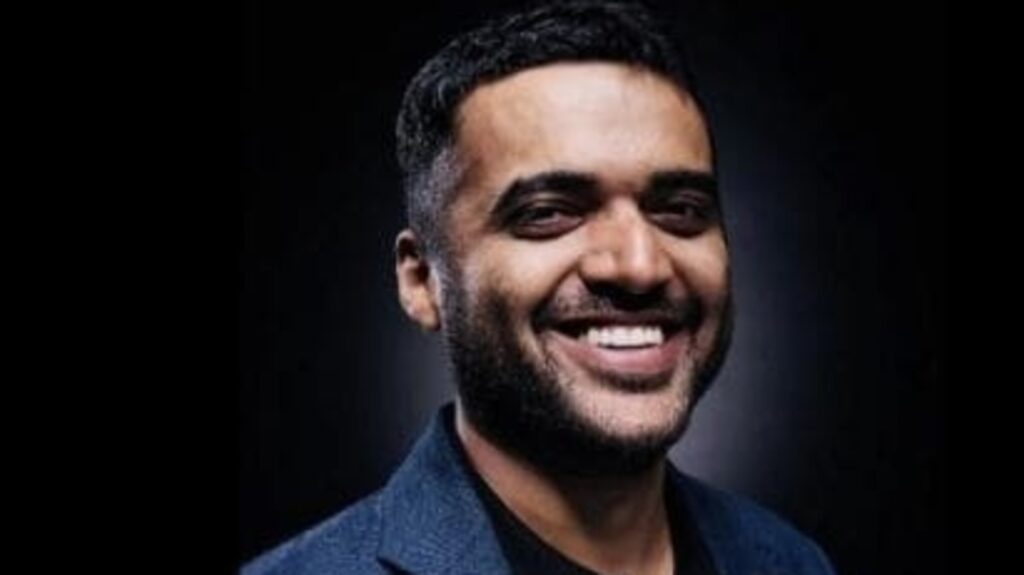Rama Krishna Sangem
The White House officially called for Nobel peace prize for President Donald Trump for enforcing six ceasefires in the world in the last six months.
White House Press Secretary Karoline Leavitt on July 31 Thursday claimed that President Donald Trump has helped end fighting in multiple conflict zones around the world, averaging one peace deal per month since taking office. Speaking at a press briefing, she said these efforts make a strong case for awarding him the Nobel Peace Prize. Leavitt opened her statement by highlighting the recent ceasefire between Thailand and Cambodia.
“On the peace front, President Trump helped deliver an immediate and unconditional ceasefire between Thailand and Cambodia. The two countries were engaged in a deadly conflict that had displaced more than 300,000 people until President Trump stepped in to put an end to it,” she said.
She followed up with a direct call: “It is well past time that President Trump was awarded the Nobel Peace Prize.” This isn’t the first time the Trump administration has made such a pitch. In June, the President told reporters that his work in places like Pakistan and the Democratic Republic of the Congo deserved recognition. Congressional Republicans have echoed the demand.
India rejects Trump claim
However, India has flatly denied Trump’s claims regarding peace between New Delhi and Islamabad. The Indian government maintains that all issues with Pakistan, especially those concerning Jammu and Kashmir, are dealt with bilaterally. Prime Minister Narendra Modi, speaking in Parliament earlier this week during a discussion on Operation Sindoor, made that position clear.
In fact, this is one of the contentious issues between Trump and India. While Trump repeatedly claimed credit for stopping nuclear war between India and Pakistan in May, PM Modi stoutly denied this cliam. Modi told Lok Sabha that no world leader had called him during the brief four day conflict and asked to end Operation Sindoor. On the other hand, Pakistan openly backed Trump nomination for Nobel peace prize, for ending the same conflict.
Tariff threats as a tool
Leavitt pointed to the use of economic leverage, particularly trade pressure, as one of Trump’s strategies for forcing talks. She suggested that this approach had led to breakthroughs in areas where traditional diplomacy had stalled.
“The President has now ended conflicts between Thailand and Cambodia, Israel and Iran, Rwanda and the Democratic Republic of the Congo, India and Pakistan, Serbia and Kosovo and Egypt and Ethiopia,” she repeated, underscoring what the White House calls a results-driven method.
But, Russia -Ukraine war is still on
Despite these claims, one major pledge remains outstanding. Trump had repeatedly said during the campaign that he would end the war in Ukraine on “day one” of his presidency. That hasn’t happened. There has been no resolution, nor any concrete plan presented by his administration on the matter.


